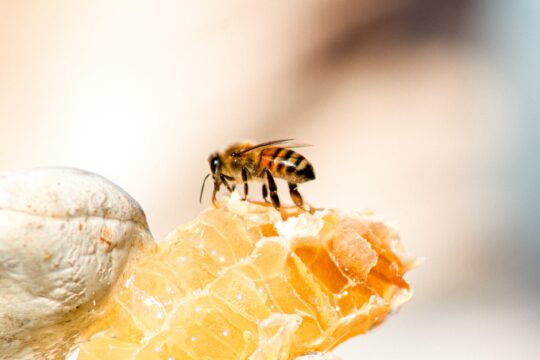Exploring Effective Home Remedies for Allergy Relief
Filed under Home Remedies

Allergies are a common health issue affecting millions of people worldwide. They occur when the immune system overreacts to harmless substances, such as pollen, dust mites, pet dander, or certain foods. While medical treatments are available, some individuals prefer exploring natural alternatives to alleviate allergy symptoms. This essay aims to explore a range of home remedies that may offer relief and complement conventional medical approaches for the treatment of allergies.
Nasal Irrigation
Nasal irrigation, also known as nasal rinsing or nasal lavage, is a technique that involves flushing the nasal passages with a saline solution. This practice helps remove allergens, irritants, and excess mucus from the nose, relieving congestion and reducing allergic symptoms. Neti pots, saline nasal sprays, or nasal irrigation kits are commonly used for this purpose.
Steam Inhalation
Inhaling steam is a simple yet effective home remedy for allergy relief. It helps moisten and soothe the nasal passages, providing temporary relief from congestion and sinus pressure. Adding a few drops of essential oils such as eucalyptus or peppermint to the steaming water can further enhance the decongestant and anti-inflammatory properties.
Raw Honey
Raw honey is believed to have antihistamine properties and can potentially alleviate allergy symptoms. Consuming local raw honey may help desensitize the body to the pollen in the area, reducing the severity of seasonal allergies. However, it is important to note that honey should not be given to infants under one year old due to the risk of botulism.
Quercetin
Quercetin is a naturally occurring flavonoid found in various fruits, vegetables, and herbs. It possesses anti-inflammatory and antihistamine properties, which may help alleviate allergy symptoms. Foods rich in quercetin include apples, onions, citrus fruits, berries, broccoli, and leafy greens. Quercetin supplements are also available, but it is recommended to consult a healthcare professional before starting any new supplements.
Probiotics
Probiotics are beneficial bacteria that promote a healthy gut microbiome. Several studies suggest that a healthy gut microbiota plays a crucial role in modulating the immune system and reducing the risk of allergies. Consuming foods rich in probiotics, such as yogurt, kefir, sauerkraut, or taking probiotic supplements, may help balance the gut microbiome and potentially alleviate allergy symptoms.
Vitamin C
Vitamin C is known for its immune-boosting properties and its potential as a natural antihistamine. It may help reduce the severity and duration of allergic reactions by reducing histamine levels in the body. Foods rich in vitamin C include citrus fruits, berries, kiwi, papaya, bell peppers, and broccoli. Vitamin C supplements can also be considered, but it is advisable to consult a healthcare professional before starting any new supplements.
Clean Environment
Maintaining a clean indoor environment can significantly reduce exposure to allergens. Regular dusting, vacuuming with a HEPA filter, and washing bedding in hot water can help remove dust mites and minimize allergens. Additionally, using air purifiers with HEPA filters and keeping windows closed during high pollen seasons can reduce the entry of outdoor allergens into the home.
While home remedies can provide some relief for allergy sufferers, it is important to remember that each individual’s response may vary. Severe allergies or persistent symptoms should be evaluated by a healthcare professional. Home remedies can be used as adjuncts to conventional medical treatments but should not replace professional medical advice. Understanding one’s allergies and taking appropriate measures can help individuals manage their symptoms and improve their quality of life
